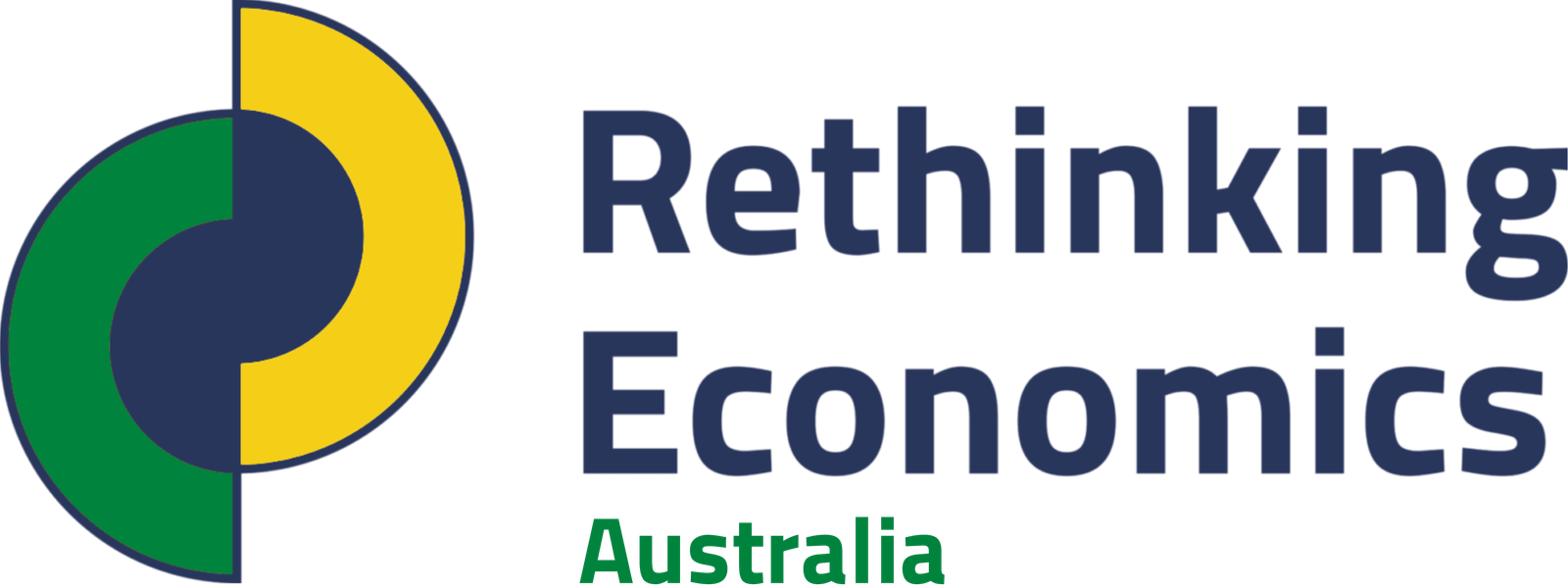The AI Elephant in the Room
As advances in artificial intelligence continue apace, a chorus of technology apologists tell us not to worry. Our lives will be made easier, first and foremost, and whatever we give up in freedom of thought or movement will be compensated by more customized services and the promised benefits of improved AI in our lives.
Automation may replace certain jobs, but it’ll free workers to develop new skills and find new opportunities. That’s what technology does for economies and societies. It reshapes them for the better.
It’s all a lie.
AI isn’t just another machine that can accomplish work tasks but rather an existential threat to the very concept of work. AI learns faster than people, retains knowledge better, improves itself more consistently, and works longer and without complaint and therefore promises to replace not just the easiest or most redundant tasks on a factory floor, but the jobs involved in enabling and managing that automation.
After a point not too far away, AI won’t need humans to do the training or operating (learning happens through a process called “experience replay”), and that includes all the child geniuses being encouraged to attend coding camps.
First the jobs will be lost to machines and then the jobs minding those machines will go, too. Society is on its way to being utterly transformed, only nobody talks about it in those terms.
The tech leaders responsible for the transformation certainly know the stakes, only they’re either obsessed with their man-child fantasies of salvation through tech or convinced that they’ll stay immune from its impacts long enough to make oodles of money.
A Greek Chorus of media and academics sing the praises of AI and other technologies because they’re incurious, or they simply get paid too much to talk about the topic with any honesty.
I believe we should be fundamentally rethinking how societies define purpose and how individuals define work and value. The conversation should be prompted by advances in AI but not limited to it.
The problem is that history is chocked full of innovations that weren’t terribly good. Child labor was an innovation. So was the machine gun, and so are opioids, and the new jobs and opportunities created by technologies that improve industrial productivity, such as the mechanical loom in the early days of the Industrial Revolution, can often take generations to appear while involving significant negative side effects along the way.
Today’s smart tech isn’t inherently bad, it’s just not intrinsically good, either. The qualities of advanced AI are wildly complicated and nuanced, and just a little bit scary. It would help if those who know better would tell the rest of us the truth instead of lying about it.
People determine whether technology innovation is “good” or “bad” depending on the problems they set out to solve, and to what uses they put their solutions. So, where’s the Manhattan Project focused on creating the future we want?
I guess it doesn’t matter. The elephant in the room that nobody wants to talk about is that AI will decide what to do with us soon enough.

